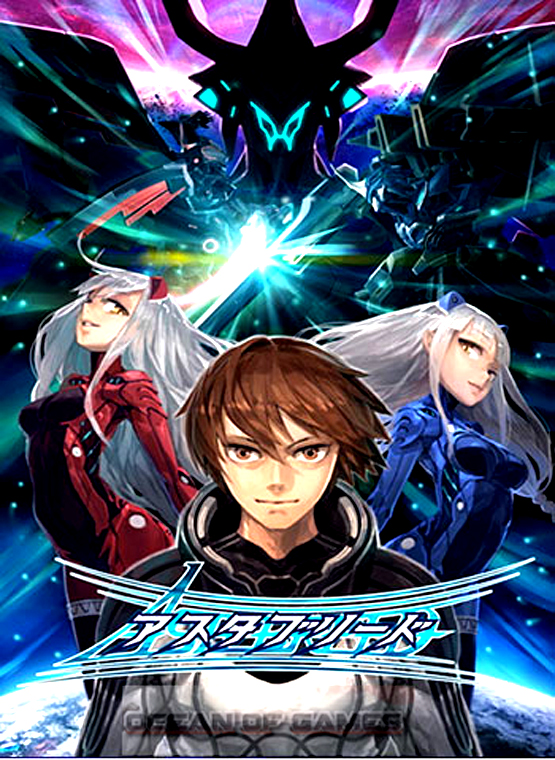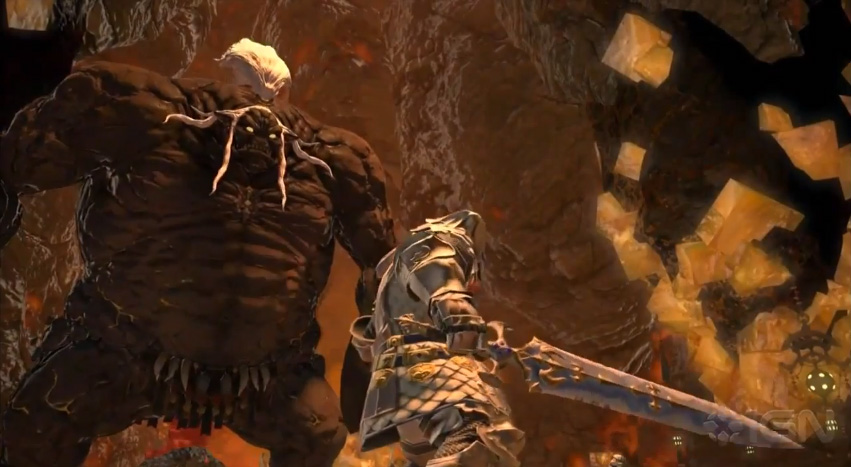We talked about Astebreed over the weekend on the podcast, but as per usual I wanted to put a few more thoughts here.
I’m awful at memorizing things, which I’ve talked about a bit before. It’s kept me out of a lot of bullet hell shooters, because those are entire games around memorizing patterns and executing the right evasive maneuvers to match the patterns. I don’t really have the patience or interest to play the same level tens or hundreds of times just to get the pattern down. I like Astebreed because, for the most part, it lets me come up with my own solutions for each boss pattern without forcing me to memorize a specific set of “the right” moves.
Playing Astebreed, however, got me thinking about raid bosses in MMOs. They’re often pattern-driven, and almost always require that I memorize the associated attacks and the appropriate (highly specific) reactions to them. I like them, though, whereas I tend not to like the memorization-heavy bullet hell genre. The conceptual gap there bothered me, and I’ve spent a few days mulling over why I like one but not the other.
The two obvious answers are that MMOs involve other people and that they also are much less demanding and punitive than bullet hell shooters. Both of these lessen the impact, but don’t change the core concept. That being said, there are a lot of things where I don’t like the ‘pure’ version but dearly love the dilutions– the JRPG is a really good example of this. Similarly, I never really liked Forza, but I enjoy both Burnout and Mariokart, both pretty heavy dilutions of the racing mechanic. Having other people playing along with me also makes the experience more fun, because I’m both able to help out my friends and get help from their cues– it isn’t always a binary fail state, and the experience itself is shared.
Another angle I looked at it from is my own approach to the game vis a vis classes. Avoiding deadly attack patterns is only half the boss fight; the other half is actually fighting the boss. I tend to play healers and specific types of damage classes. In the former case, there’s no set rotation; I’m reacting to the fight on the fly and (ideally) proactively inserting abilities as the situation changes. In the latter case, I tend to avoid rotation-based classes in favor of ones that focus more on reacting to the situation. A lot of my favorite classes have been ones that lean on situational adaptation (often priority systems) rather than straight rotations.
Astebreed also separates itself from other shooters I’ve played by focusing a lot more on offense than evasion. I’ve played a number of games where evasion is the key (Touhou, Ikaruga, etc) and where actually attacking enemies is something you kind of do on the side in between avoiding shots. In some cases, the primary attack is simply always on, further emphasizing how incidental actually attacking is. It’s not something I like a lot, even in the other bullet hell shooter I’ve played recently– Sine Mora. Sine Mora is a Vita title that gives you a slow time effect, letting you slow everything down while moving at the same rate. It’s great for getting out of tight places or figuring out how to evade, and let me get away with less memorization throughout the game (probably why I beat it), but it didn’t really let me focus on offense over defense the way I like.
I’ll admit I’m tempted to pick up Astebreed on PS4 despite playing it already– a lot of my frustration with the game (as you likely heard or will hear in the podcast) was from a feeling that I was fighting the controls. Without that, I probably would have done a lot better, and there’s likely a whole rant about intuitive control schemes with the PC version of Astebreed as a catalyst, but that’s not for today.
Hope you enjoyed the podcast! At some point today the PS4 release of Sword Art Online: RE: Hollow Fragment is dropping, which I’m really excited about. I talked about it a bit before, as I played the Vita version, but honestly the retranslation is a huge draw for me. We’ll see!




1 comment